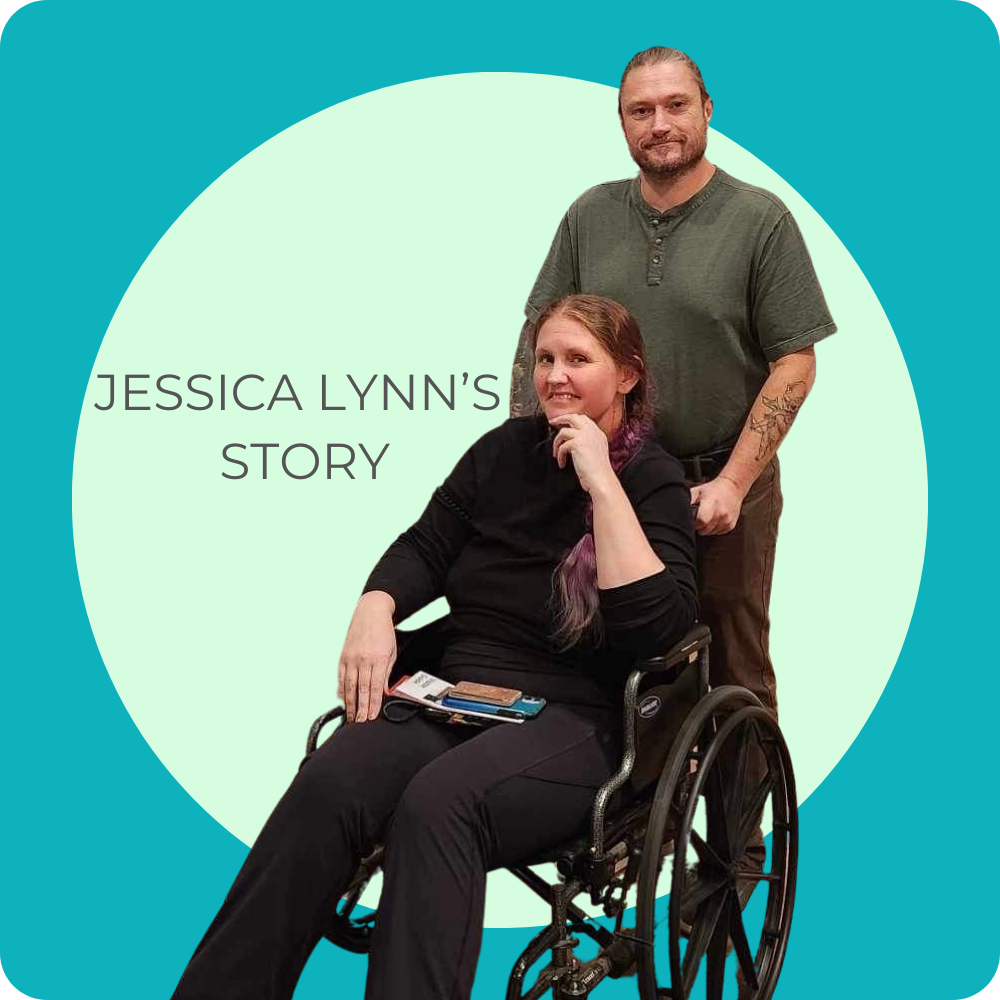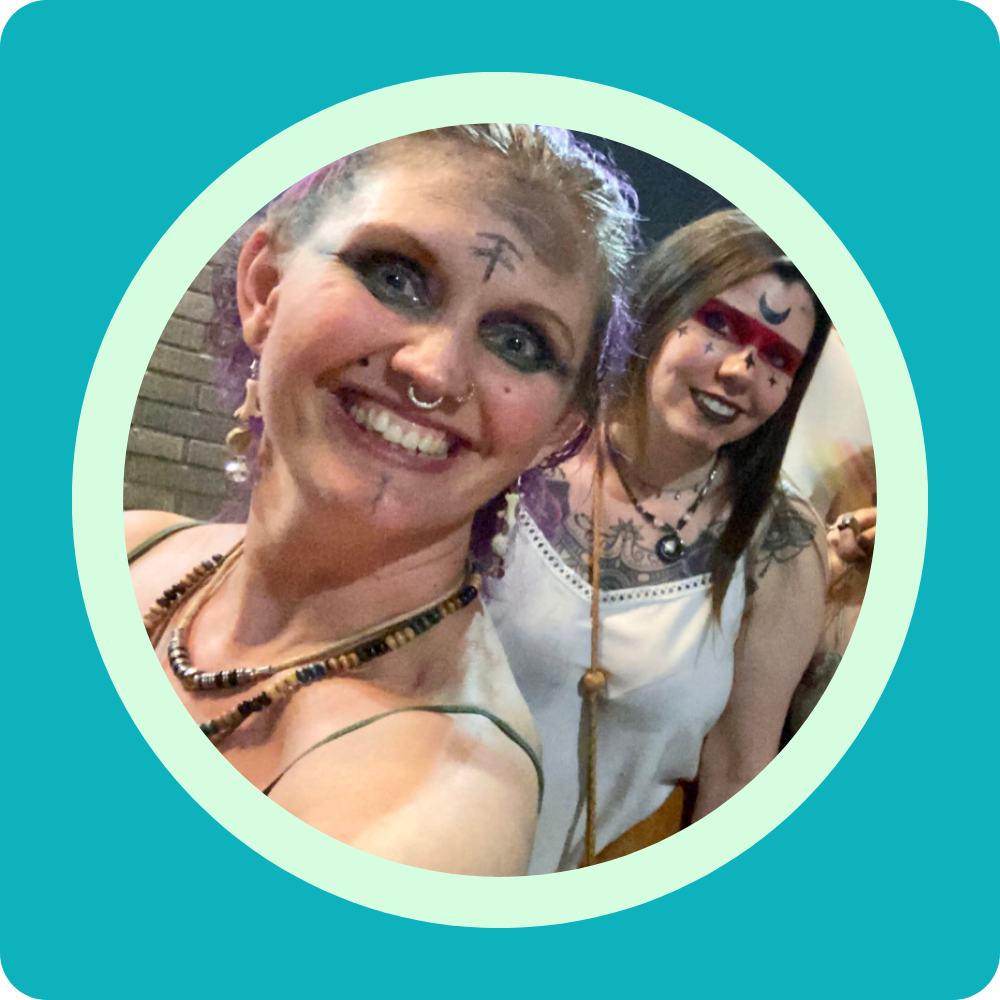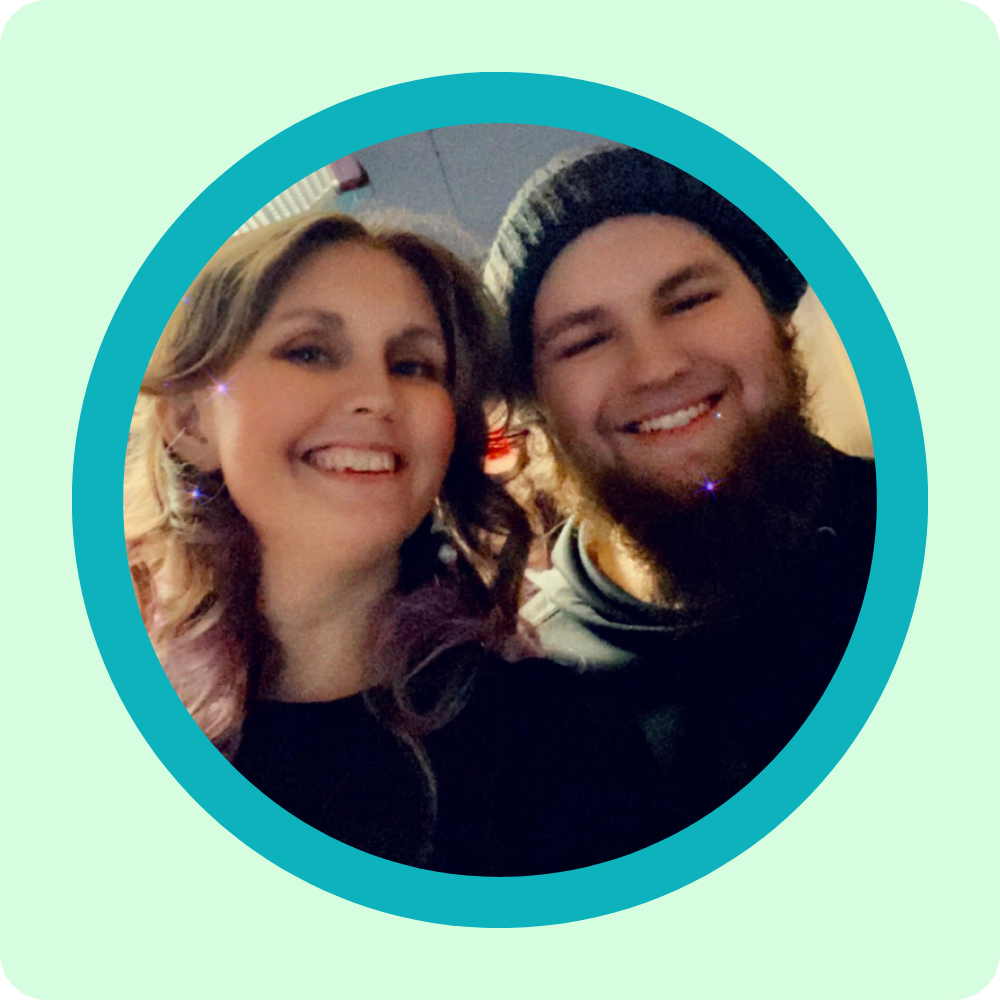How did you feel when you received a diagnosis of GM1?
When I got my diagnosis at first I had some relief. A reason for my symptoms based on blood work rather than one based on process of elimination and observation. It took about a month for the gravity of the situation to hit and I had a bit of a meltdown, cry fest. My biggest concern is how this will or is affecting my children.

How has GM1 gangliosidosis affected you?
I’m 43 with all the adult responsibilities who has declined severely in abilities over the last 2-3 years. I cannot work for many reasons: stress causes flares of extreme pain, I have memory issues, fatigue, brain fog, I get confused and overwhelmed easily, muscle spasms cause involuntary body movements and/or sudden loss of strength that can be dangerous in the work environment. I have always been a very active, busy person with zeal for life and I’m learning to adapt to a whole new way of living. Making power of attorney plans and helping my kids to learn how to take over my finances when my head gets confused so easily has been a challenge, but I’m so glad for their support and that they care enough to help me.
How has GM1 gangliosidosis affected your entire family?
In the process of not knowing what was going on with my body and mind, and being brushed off by doctors, I was leaning on alcohol to help with the pain and to cope. That was a bad time and I made lots of mistakes. This put a lot of strain on my house hold and played a part in ending my relationship with my partner and one of my children not speaking to me. As for my kids that have stuck around, it has been stressful for them to be inheriting the burden of being caregivers and managing my home at such young ages. Some of their plans have been put on hold because of me. Close friends and family have worries, but they are very supportive.

What is the hardest part of needing a caregiver?
The hardest part of needing a caregiver is seeing all the responsibility and stress that is being put on my children. Seeing them trying to figure out solutions to problems that I should be able to help them with is a struggle, but they make me proud all the time with how well they figure things out.
What do you wish people understood more about rare diseases and the experience of living with GM1?
I wish people would see that rare diseases need research support. There are many people, children out there suffering. The more people donate to rare diseases, the better care and support will come for those with rare diseases.
If we could tell people just one thing about GM1 gangliosidosis, what would it be?
GM1 doesn’t present the same in every patient and we need more testing done to lean how to better treat the symptoms and ultimately find a way to reverse the process.
Why should people support the Cure GM1 Foundation and rare diseases?
It’s unimaginably difficult navigating the roads of a rare, painful, degenerative, fatal disease and the only way we can make it easier is through support. Donations for research will improve the medical community’s ability to properly treat and guide the patients.
Is there anything else you would like to add to your story?
I often look back at my time in the military as a computer communications specialist in comparison to how my brain gets confused trying to do basic tasks currently. It’s hard to experience this much decline at 43.

Help us fund the development of effective treatments and therapies so people like Jessica do not have to suffer from this terrible disease. Donate today.
